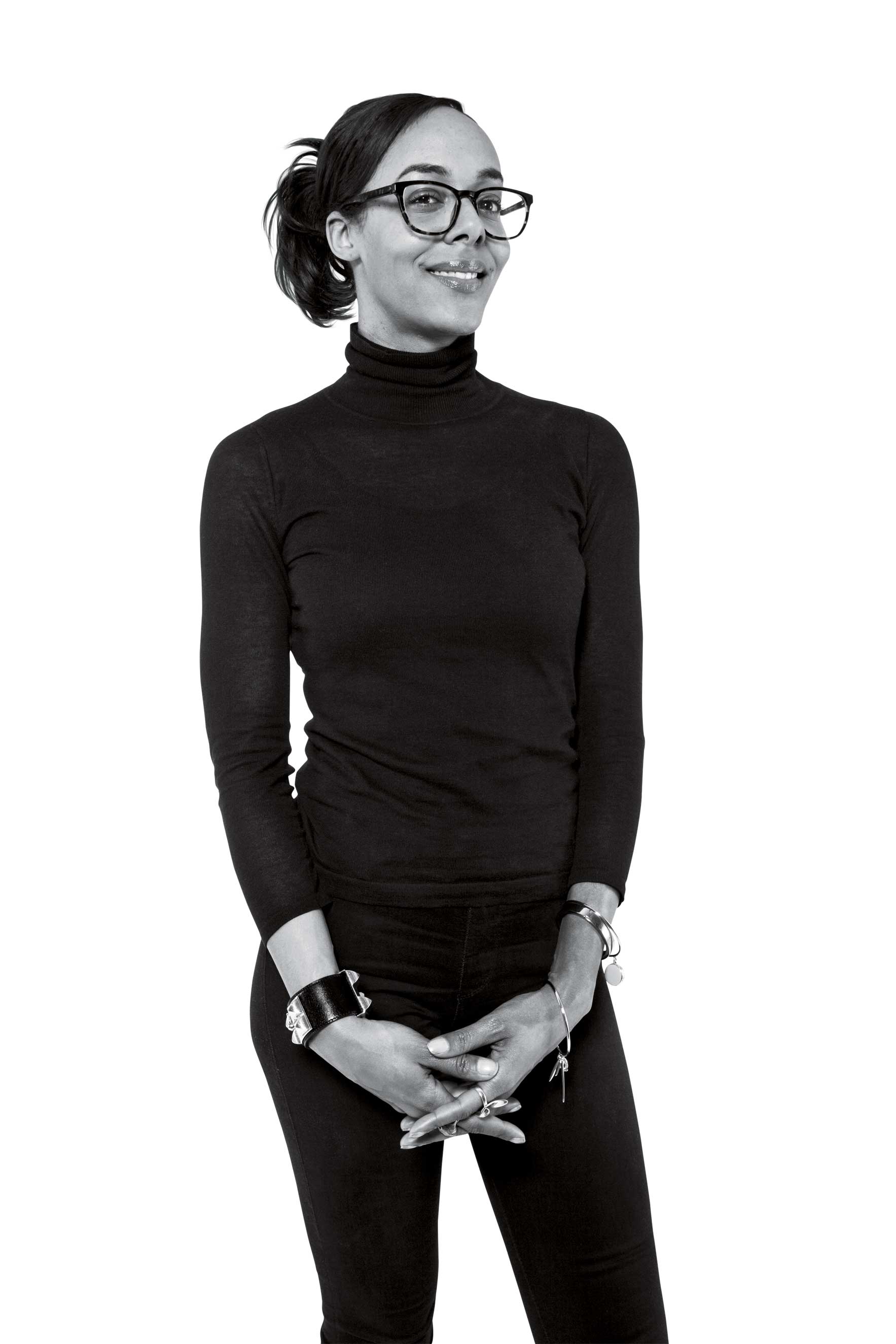
You’re both the first woman and the first black person to run the National Book Foundation. How does it feel to be twice a first?
You know, it’s sad. There shouldn’t be so many firsts still in the year 2017. You’d think it would feel like some kind of triumph, and it does—obviously it says something about your own personal career. But you don’t ever want to be the only one in the room.
For the first National Book Awards under your leadership, three of the four winners were black. Did that feel good?
Yeah! But then, should it be so unusual? It’s wonderful to see people from different backgrounds having their work celebrated—people from rural backgrounds, people who did not come up going to the best universities, who are not necessarily professors, who are Asian American, Latino. I think we want our national body of excellent literature to look like our excellent body of American citizens.
What is going to be the role of American literature in the new political era?
People keep saying we’re postfact, and I think that books are the special place where we can go to understand the world that we live in.
In 2014, 27% of Americans didn’t read a single book. How do we change that?
People who make and market books probably assume that 27% of people aren’t going to bother with our product. That’s the place where you first start correcting. Assume everyone reads. Lately people have been talking a lot about book deserts, places where there isn’t access—how do we encourage people to open bookstores in these communities?
What was your personal favorite book of 2016?
My favorite book of 2016 is obviously one of the four National Book Award winners. But if I had to pick one that’s not, I would pick C.E. Morgan’s The Sport of Kings, which I thought was magnificent. Also Matthew Desmond’s Evicted. We talk about mass incarceration all the time, and it’s a horrible problem, we should talk about it 200% more than we already do. But we don’t talk about unstable housing.
What was a book that changed your life?
Books in general have changed my life. There’s not a book that said, “Lisa Lucas, you are a new Lisa Lucas.” But there are so many moments where I felt saved or encouraged. Gabriel García Márquez pushed me forward in understanding that books reflected a bigger world. In college I learned that I could love some of the great works, like Sister Carrie or Anna Karenina or Their Eyes Were Watching God. White Teeth is another one—I found there was some recognition in the writing. And then James Baldwin—as a black person, there are voices that remind you that you are not alone, that you’re not crazy.
What do you say if you’re asked to blurb a book?
I’ve never been asked before. I don’t know that I can. I know that I would make sure not to call any book “urgent.”
Who would be in your fantasy book club?
Baldwin is obviously in it. Although he seems like he would be mean. Dorothy Parker. Eleanor Roosevelt. Zora Neale Hurston seems like she’d be really fun.
What book would you recommend to our President?
We were so lucky to have such a wonderful reader in President Obama, who said that reading novels helped to make him a better citizen. I can only hope that President Trump is as interested in our stories, lives and literature. I’d recommend some books that have recently been celebrated by the foundation: Claudia Rankine’s Citizen; John Lewis, Andrew Aydin and Nate Powell’s March; Arlie Russell Hochschild’s Strangers in Their Own Land; and Ibram X. Kendi’s Stamped From the Beginning.
More Must-Reads from TIME
- Donald Trump Is TIME's 2024 Person of the Year
- Why We Chose Trump as Person of the Year
- Is Intermittent Fasting Good or Bad for You?
- The 100 Must-Read Books of 2024
- The 20 Best Christmas TV Episodes
- Column: If Optimism Feels Ridiculous Now, Try Hope
- The Future of Climate Action Is Trade Policy
- Merle Bombardieri Is Helping People Make the Baby Decision
Contact us at letters@time.com